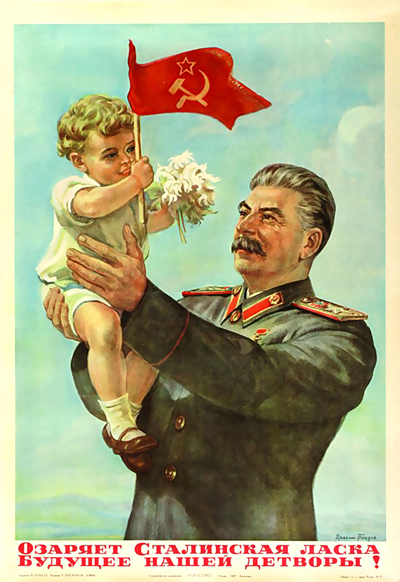So I was wondering how I can get better at analysing the world through dialectical materialism. I’ve read a fair share of theory and other comprehensive stuff about dialectics and materialism and I do think I get the core principles. What I think I need is to get some kind of practice to overcome my idealist way of thinking. I’m not really sure what I’m looking for, maybe a collection of applied examples, maybe even exercises with solutions? Or you could let me know how you guys got better at thinking in a marxist way. Thanks in advance!


Here is a lovely explanation of dialectics and some examples included.
You basically want to think about things in their entirety, consider it’s historical and current application, take into account it’s contradictions, etc.
One of the examples used on the video is the moment of death. Death is understood as the ceasing of life, but what exactly is that? Because the heart can stop before the brain does. Your hair and nails can still grow after you die.
A dialectician would recognize this and see death not as some singular event, but rather a protracted process.
Just to add to this:
I have noticed, recently, that death is far more protracted, even, than that. medicine has now advanced to a stage where we can prolong the life of the body to the point that what gives way first is not the heart, or the body, but the mind. Certainly in the UK, dementia and Alzheimers are now the leading cause of death - not heart failure. Death, I would argue, occurs long before the heart beats its last. Rather, from the moment we are born, we start to die. We get ill and our immune system slowly weakens; we age and organs develop new problems; we grow old and our minds whither. Hence, from a dialectical point of view, I would expand on your example, and say that the conclusion to be drawn by a dialectician must be from this an even wider realisation that all processes conducted during our lifetimes are simply stages of death, the process being continuous and ongoing. As a phenomenon, it does not start at any decisive moment, but rolls ever forward. In our final years it does not begin, it merely accelerates to more noticable levels.
I like this one a lot. I’ll get frustrated with someone and respond that history didn’t just begin today with either a domestic issue like race tensions or the state of the economy or a foreign issue such as Ukraine or Afghanistan. Americans we especially go out of their way to not remember what happened even a few years ago.
I think it’s very important to view history as a continuous flow into the present and out through the future rather than a thing separate and apart. I’m not saying anything especially significant except that we live in a culture constantly pressuring us to forget and see ourselves as apart from history.
Thanks!